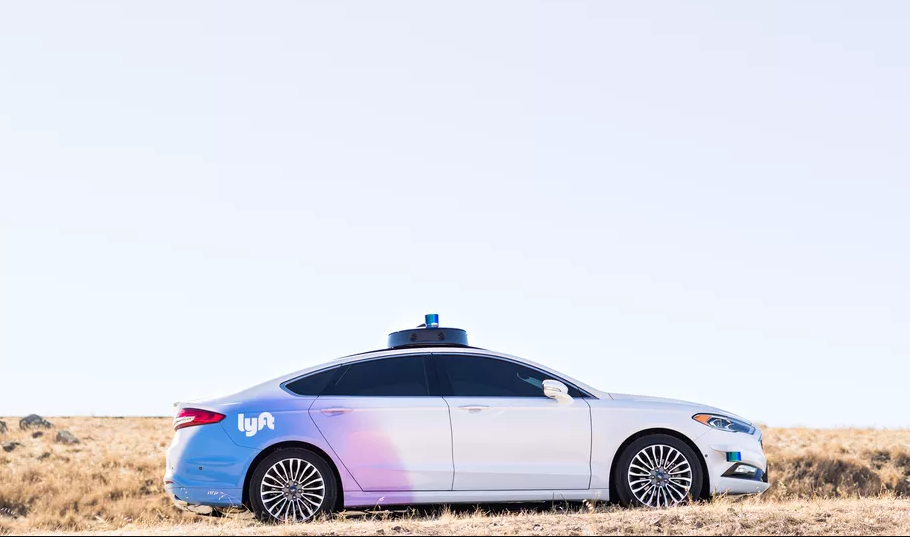 EMERGING TECH
EMERGING TECH
 EMERGING TECH
EMERGING TECH
 EMERGING TECH
EMERGING TECH
Lyft Inc. today announced that it has acquired a young augmented reality startup called Blue Vision Ltd. to boost its autonomous driving roadmap.
The deal is valued at $72 million and allocates up to $30 million in additional compensation if certain performance goals are met, according to TechCrunch. For reference, Blue Vision exited stealth mode a mere five months ago with $14.5 million in funding.
The London-based startup has developed a cloud platform that enables developers to build multiplayer elements into their AR apps. At the heart of the solution is an engine that uses footage from users’ mobile cameras to create detailed, multipurpose maps of outdoor and indoor locations. Blue Vision claims that the algorithms under the hood can also use the data to pinpoint specific objects’ position more accurately than using Global Positioning Satellite or GPS technology.
Lyft will harness the technology to create maps for its burgeoning fleet of self-driving cars. Luc Vincent, the company’s vice president of autonomous technology, suggested that the plan is to crowdsource mapping data from smartphones that Lyft drivers place on their dashboards.
“One of the reasons why Blue Vision Labs’ technology is so cutting-edge is that it can crowdsource highly detailed 3-D maps of entire cities using just car-mounted camera phones,” Vincent explained in a blog post. “These maps allow a car to understand exactly where it is, what’s around it, and what to do next, with centimeter-level accuracy.”
Blue Vision will become the U.K. branch of Lyft’s autonomous driving group in the wake of the acquisition. The addition of the startup’s 40-person team boosts a hiring push that will double the size of the division over the next 18 months.
Further down the road, Lyft plans to apply the technology it’s acquiring as part of Blue Vision to other areas. The effort will place an emphasis on the capabilities that the startup has built on top of its mapping engine to enable interactions between users of AR apps.
“For example, we are keen to explore how we can leverage Blue Vision Labs’ stack to more precisely pinpoint drivers’ and riders’ locations, and create new augmented reality interfaces that make transportation simpler and better for everyone,” Vincent wrote. “Looking for your Lyft driver on the street? What if you could just hold up your phone and find them instantly.”
On occasion of the acquisition, the ride-hailing provider also revealed a new self-driving car prototype (pictured) based on the Ford Fusion sedan. Ford Motor Co. is one of several carmakers that have teamed up with Lyft to pursue joint autonomous driving initiatives. Rival Uber Technologies Inc. is likewise working to forge alliances in the auto industry as part of its effort to put self-driving cars on public roads.
Support our mission to keep content open and free by engaging with theCUBE community. Join theCUBE’s Alumni Trust Network, where technology leaders connect, share intelligence and create opportunities.
Founded by tech visionaries John Furrier and Dave Vellante, SiliconANGLE Media has built a dynamic ecosystem of industry-leading digital media brands that reach 15+ million elite tech professionals. Our new proprietary theCUBE AI Video Cloud is breaking ground in audience interaction, leveraging theCUBEai.com neural network to help technology companies make data-driven decisions and stay at the forefront of industry conversations.